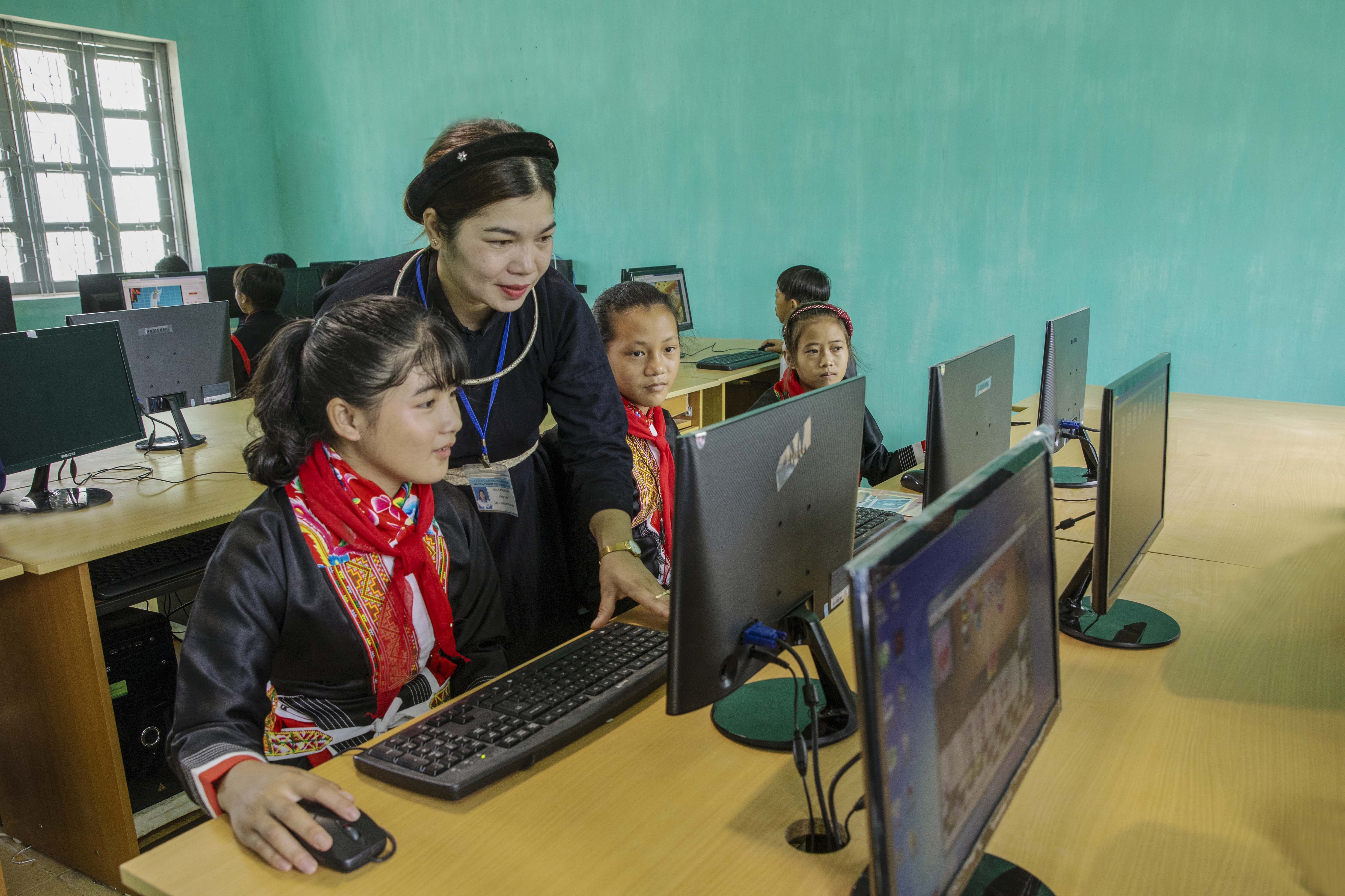
Conceptually, there have been many definitions of “culture”, but in general, they all revolve around a number of points: Culture includes both spiritual culture and material culture; is the orientation towards the values of truth - goodness - beauty; has a strict system... Besides the function of communication and exchange, culture also affects society, has the meaning of educating people, and shapes national identity. Regarding the concept of “lifestyle”, these are repeated behaviors that become typical and characteristic of each individual; reflect the worldview and are expressed through the individual's attitude towards issues in social life.
Cultural and lifestyle changes occur due to many different impacts in each period and historical stage. In the era of the Fourth Industrial Revolution, the distance in geographical space is narrowed to the maximum. That means that the exchange and relationship between people is expanded. Communities, ethnic groups, and cultures are closer together. In each community, the culture and lifestyle of individuals are also impacted and influenced by each other. This interweaving directly contributes to promoting cultural diversity, but also gives rise to a hybrid culture, making the protection of identity in cultural diversity a difficult task for every nation and ethnic group.
In all fields, revolutions involve fundamental, radical, profound and radical changes in the direction of progress. The Fourth Industrial Revolution has capitalized knowledge, deeply penetrated into material production, into every “corner” of human life, changing the productive forces and production relations. This process takes place rapidly in a short time and transforms many cultural characteristics and lifestyles of people in many countries and ethnic groups, including Vietnam.
Vietnam has 54 ethnic groups, each with its own unique cultural characteristics. Due to its special geographical location, cultural exchanges in Vietnam have been rich and strong for thousands of years. During the Fourth Industrial Revolution, Vietnamese culture and lifestyle continue to change. However, this is not only a change due to assimilation from other cultures, but more complicatedly, it is a self-transformation from within the culture itself in both positive and negative directions when it deviates from standard cultural values.
In any society, legal regulations cannot regulate all issues in daily life. Along with the law, people are also bound by unwritten rules, such as ethics, culture, lifestyle, behavior... In general, these are the factors that create the cultural structure of each nation. These rules do not have the power of legal regulations, but they play an important role in regulating human behavior, and are respected and voluntarily followed by people. Therefore, when these unwritten rules are at risk of changing in a negative direction or being broken, the human lifestyle, social ethics, and culture of a nation will be threatened.

Some impacts of the Fourth Industrial Revolution on people's culture and lifestyle
Change the living environment, working environment, communication and behavior of individuals.
The Fourth Industrial Revolution has a profound impact on almost all areas of social life, not excluding the cultural field, as well as people - who are the subjects of social relations, the embodiment of culture, the cultural "identity" of each nation. The achievements of the Fourth Industrial Revolution have strongly impacted people's consumption trends, creating a major revolution in consumer concepts and habits. Thanks to the development of the Internet, the emergence of e-commerce has helped consumers choose and purchase goods online (sitting at home, choosing products worldwide online; paying via electronic accounts; receiving goods via delivery services). Through e-commerce, Vietnamese consumers have closer access to world trade.
The development of science and technology helps people to do many types of work by working remotely, without having to go to the headquarters, office, not having to communicate directly with colleagues, superiors, even with partners... but still complete the work. These are the great benefits that science and technology bring, but this also makes people dependent on computers, smartphones, internet systems, making people less interested in relationships in the community, society, even family relationships...
In the past, Vietnamese people's communication and behavior were mainly direct and tended to be discreet, tactful, disciplined, even formal and elaborate. However, now, with the faster pace of life, people can communicate in many ways through the internet, such as using Zalo, Viber, Sky, Instagram, Facebook... These technological achievements help people to eliminate the cumbersome things, communicate and behave faster but at the same time, they are inevitably more superficial.
Changing the standard cultural value system, creating conflicts between traditional cultural values and lifestyles and modern cultural values and lifestyles.
The Fourth Industrial Revolution creates a favorable basis for the strong cultural exchange process, while also increasing the conflict between many factors and traditional and modern cultural values when the old has not been lost and the new (including some cultural elements imported from abroad) has not yet been clearly defined and has not been fully accepted by society. Conclusion No. 76-KL/TW of the Politburo, dated June 4, 2020 on continuing to implement Resolution No. 33-NQ/TW of the 11th Party Central Committee on "Building and developing Vietnamese culture and people to meet the requirements of sustainable national development" pointed out the limitations and inadequacies in building the system of traditional national cultural values and the system of standard values of Vietnamese people in the new period; pointing out that ethics and lifestyle have deteriorated alarmingly, and that the cultural environment has some aspects that are not really healthy... Under the impact of the Fourth Industrial Revolution, a number of new trends, cultural styles, and lifestyles have been and are being controversial. These are the changes in some concepts and habits of a part of the population, from being emotional to being rational, from being emotional to being money-oriented; the tendency to think that the family is no longer the center; factors with material values somewhat replace spiritual and emotional factors; the formation of skeptical thoughts, the rejection of traditional cultural values, national history; the moral decay, the degradation of social relations, especially the deviation in perception, living without ideals among a part of the youth; is the increase in generation gap in the perception of standard cultural values... The most common and easily recognizable manifestation in society is that uncultured and unethical manifestations still exist quite commonly, while many beautiful behaviors and good deeds appear less and less, even in some cases becoming strange things in life. This partly reflects the change in the personality structure of each person, leading to different trends in the perception of the standard cultural value system in social life.
The main cultural conflict is between two trends: first , that traditional culture must be preserved in its original state ; second, that culture must always be adapted, enriched, and receive the quintessence of the times . In fact, within each trend there are also contradictions and conflicts that are not easy to separate. In the first trend, a part absolutizes traditional culture, while another part believes that in modern society there are traditional cultural elements that are no longer suitable, but also do not accept that they are replaced by foreign culture. In the second trend, there are also groups when there are different choices in receiving world cultural values...
In that context, we must be aware of and clearly identify the good traditional cultural values that need to be protected and the limitations to make appropriate adjustments. The country will develop sustainably when we know how to preserve and pass on our national cultural identity, and at the same time know how to renew ourselves, assimilate the world's advanced cultural values, to enrich our national culture; "integrate" but absolutely do not "dissolve".
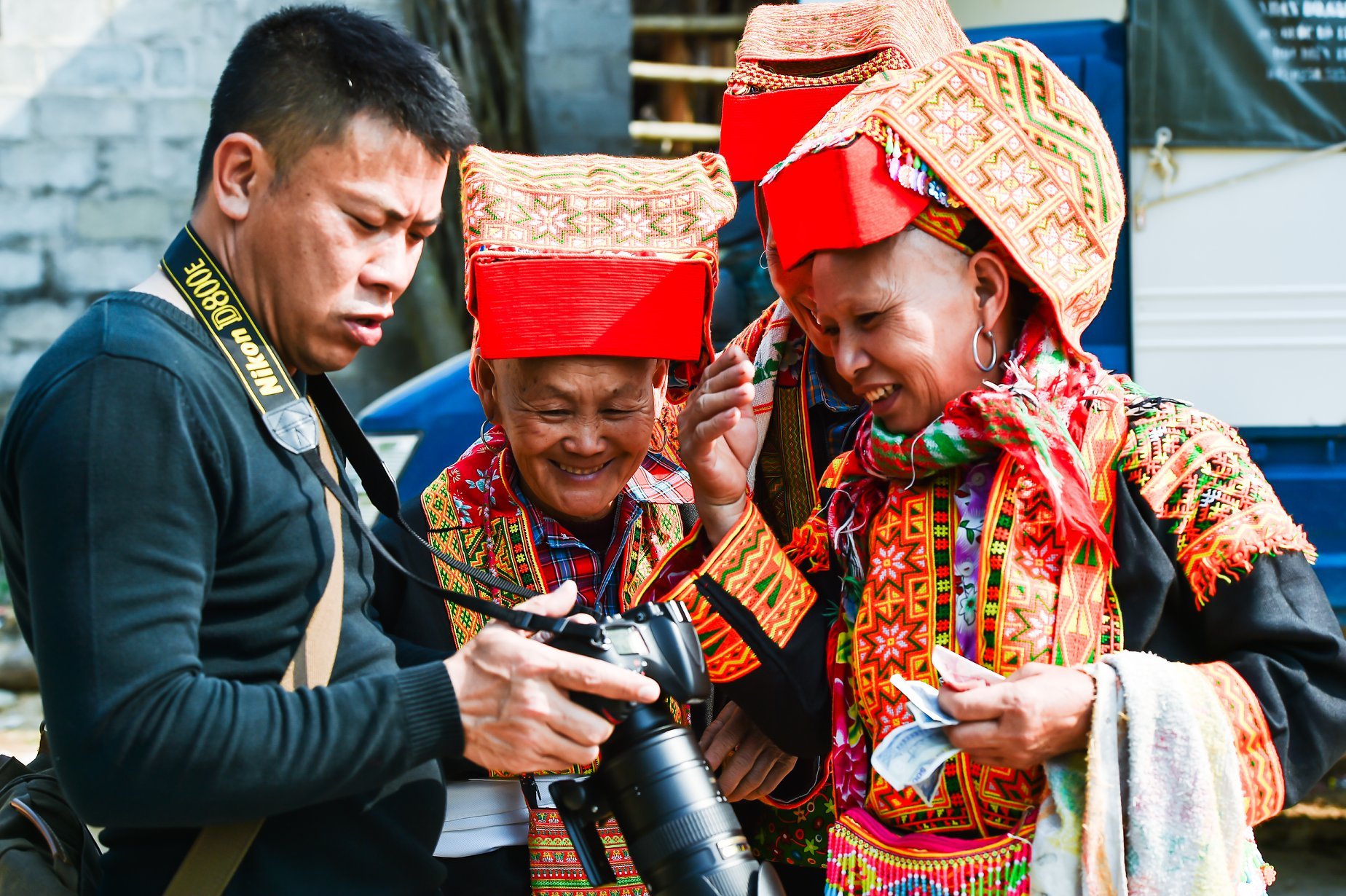
Some issues and solutions for the future
Some issues raised
Firstly, cultural transformation of ethnic groups and nations is inevitable in the process of exchange and integration. The level of transformation depends on the cultural strength and internal strength of the nation. If there is great internal strength, cultural assimilation takes place proactively; if the internal factor is weak, then the assimilation is passive, and cultural values bearing national identity are easily lost or even culturally assimilated.
The practice of cultural assimilation through many periods shows that some things are considered to be "changing", even "lost" (some traditional cultural features), but if viewed from another perspective, it is development, because the heritages that are truly the cultural identity of ethnic groups in reality will not easily fade away but will always be in motion and development.
Second, in recent years, the Fourth Industrial Revolution has had a strong impact on all aspects of social life in most countries around the world, and Vietnam is no exception. Vietnam has a great opportunity to absorb values from many cultures, but also faces the risk of losing its national cultural identity. Changes in culture and lifestyle are inevitable, the problem is to direct those changes in a positive direction; it is necessary to recognize and take advantage of the development of scientific and technological achievements as a favorable condition for preserving, developing and spreading national cultural values to the world.
Third, it is necessary to perceive and correctly assess the major challenges facing Vietnamese culture in the context of the Fourth Industrial Revolution in order to find ways to overcome and limit the negative impacts of the Fourth Industrial Revolution on people's culture and lifestyle.
Some solutions for the future
Firstly, thoroughly grasp and implement policies and strategies on development, enhancing the capacity to apply achievements of science and technology, and building an advanced Vietnamese culture imbued with national identity.
Second, build a comprehensive strategy for national science and technology development that is concurrent with and consistent with the socio-economic development strategy and the orientation of preserving and promoting national cultural identity.
Third, perfect the legal system, overcome the situation where laws exist but sub-law documents and decrees guiding implementation are slow, inconsistent, and lacking in specificity. Strengthen legal education, innovate legal education forms to suit each subject in each specific condition and circumstance. Use technological devices and social networks as an official legal information channel, helping people access legal information quickly and accurately, while preventing false and distorted information flows.
Fourth, make full use of the achievements and strengths of the Fourth Industrial Revolution in developing infrastructure systems to serve leadership and management work, meeting people's information needs. Regularly train and foster to improve research capacity, access capacity, and application of new technological achievements to promote the creativity of researchers and cultural managers .
Fifth , building an advanced Vietnamese culture imbued with national identity in the face of the impact of the Fourth Industrial Revolution must first and foremost be based on the spirit of national interests and people's interests; must be highly proactive, have early orientation, be scientific and national; standard traditional cultural values must be preserved, modern cultural values must be selectively absorbed, transformed into attitudes, motivations, will, actions and crystallized into beliefs and aspirations for development in every Vietnamese person.
Sixth, strengthen social ethics education, build a healthy cultural and social environment, and develop Vietnamese people comprehensively, because this is an important and sustainable foundation to preserve traditional cultural values and repel negative impacts on people's culture and lifestyle.
Seventh, there is a mechanism for training, attracting, using and implementing satisfactory regimes and policies both economically and spiritually, honoring scientific researchers and cultural managers. In addition to investment from the state budget, it is necessary to socialize investment resources for culture, and have specific financial mechanisms because this is an important and sensitive field, the spiritual foundation of society. Increase investment in science and technology for research on culture and people.
Eighth, strengthen international cooperation to promptly absorb and apply advanced scientific and technological achievements to preserve and develop traditional cultural values; selectively absorb the quintessence of world culture; learn from the experiences of countries that have achieved many successes in responding to the impacts of the Fourth Industrial Revolution on culture and people's lifestyles...
Ninth, strengthen inspection and control, aiming to master the information content transmitted on the basis of science and technology, especially in cyberspace, gradually forming a healthy and humane cultural environment in cyberspace./.
Source: https://tapchicongsan.org.vn/web/guest/nghien-cu/-/2018/820810/tac-dong-cua-cuoc-cach-mang-cong-nghiep-lan-thu-tu-den-van-hoa%2C-loi-song-nguoi-dan-viet-nam.aspx



![[Photo] General Secretary To Lam receives US Ambassador to Vietnam Marc E. Knapper](https://vstatic.vietnam.vn/vietnam/resource/IMAGE/2025/3/31/5ee45ded5fd548a685618a0b67c42970)
![[Photo] Speeding up construction of Ring Road 3 and Bien Hoa-Vung Tau Expressway](https://vstatic.vietnam.vn/vietnam/resource/IMAGE/2025/3/31/f1431fbe7d604caba041f84a718ccef7)
![[Photo] Prime Minister Pham Minh Chinh receives delegation of leaders of US universities](https://vstatic.vietnam.vn/vietnam/resource/IMAGE/2025/3/31/8be7f6be90624512b385fd1690124eaa)

![[Photo] 2nd Conference of the Party Executive Committee of Central Party Agencies](https://vstatic.vietnam.vn/vietnam/resource/IMAGE/2025/3/31/8f85b88962b34701ac511682b09b1e0d)
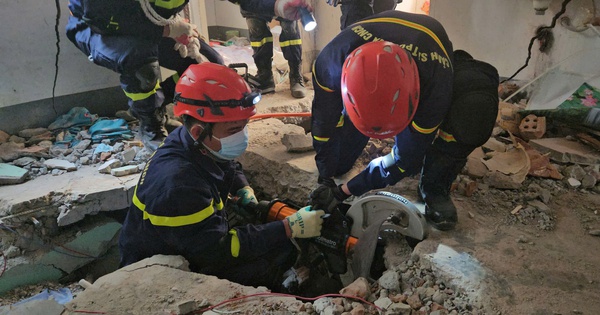
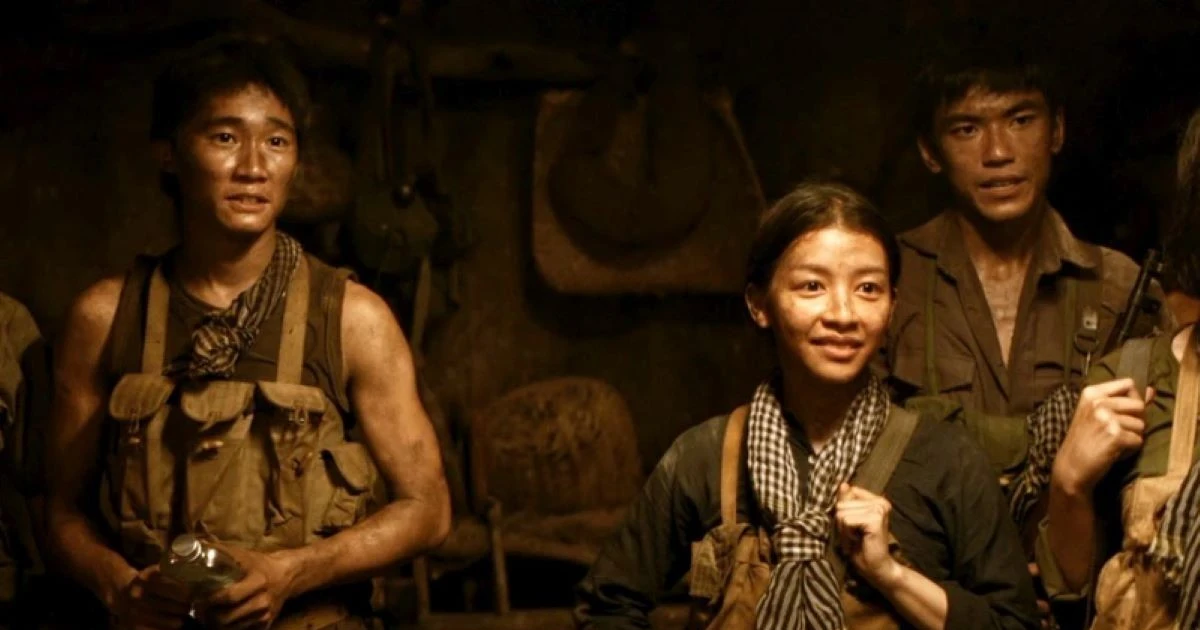

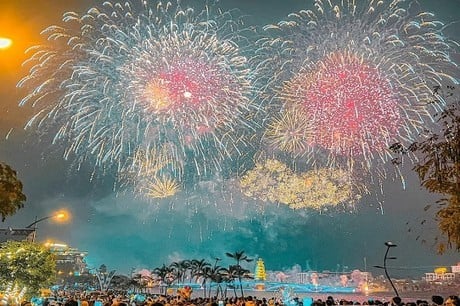
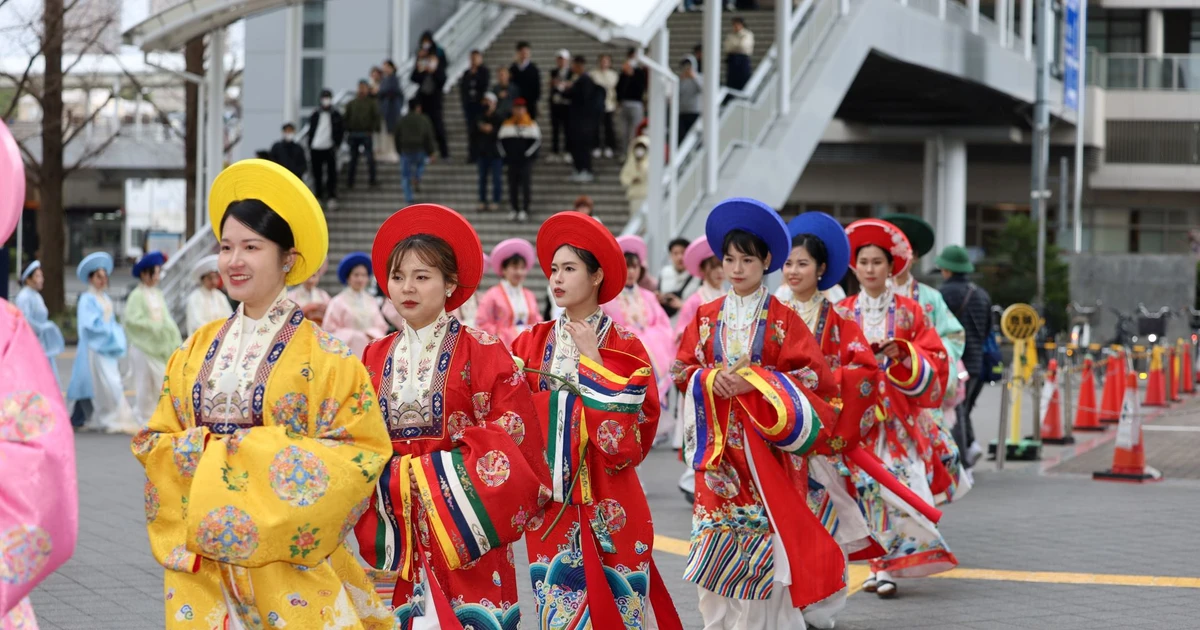




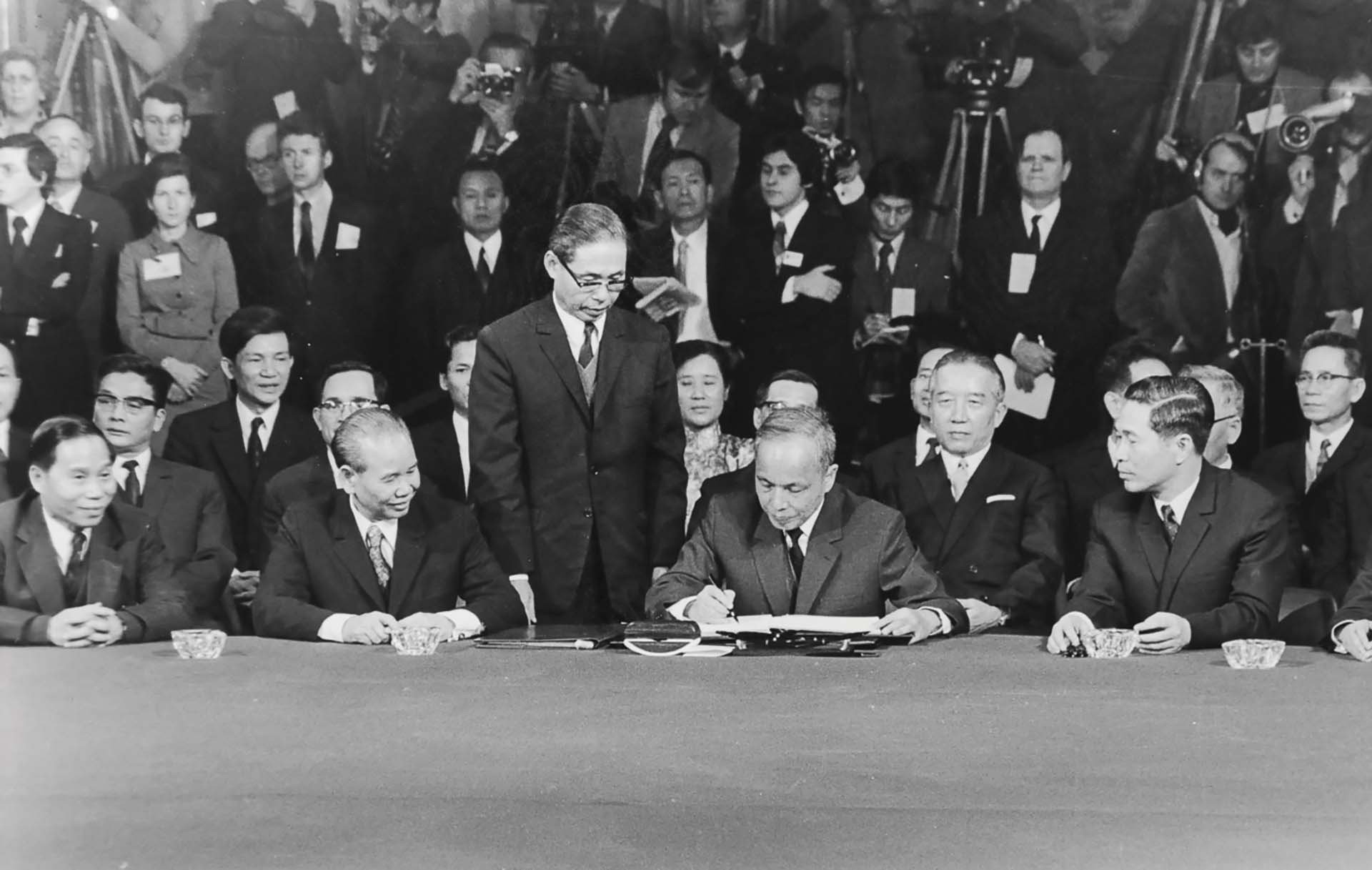


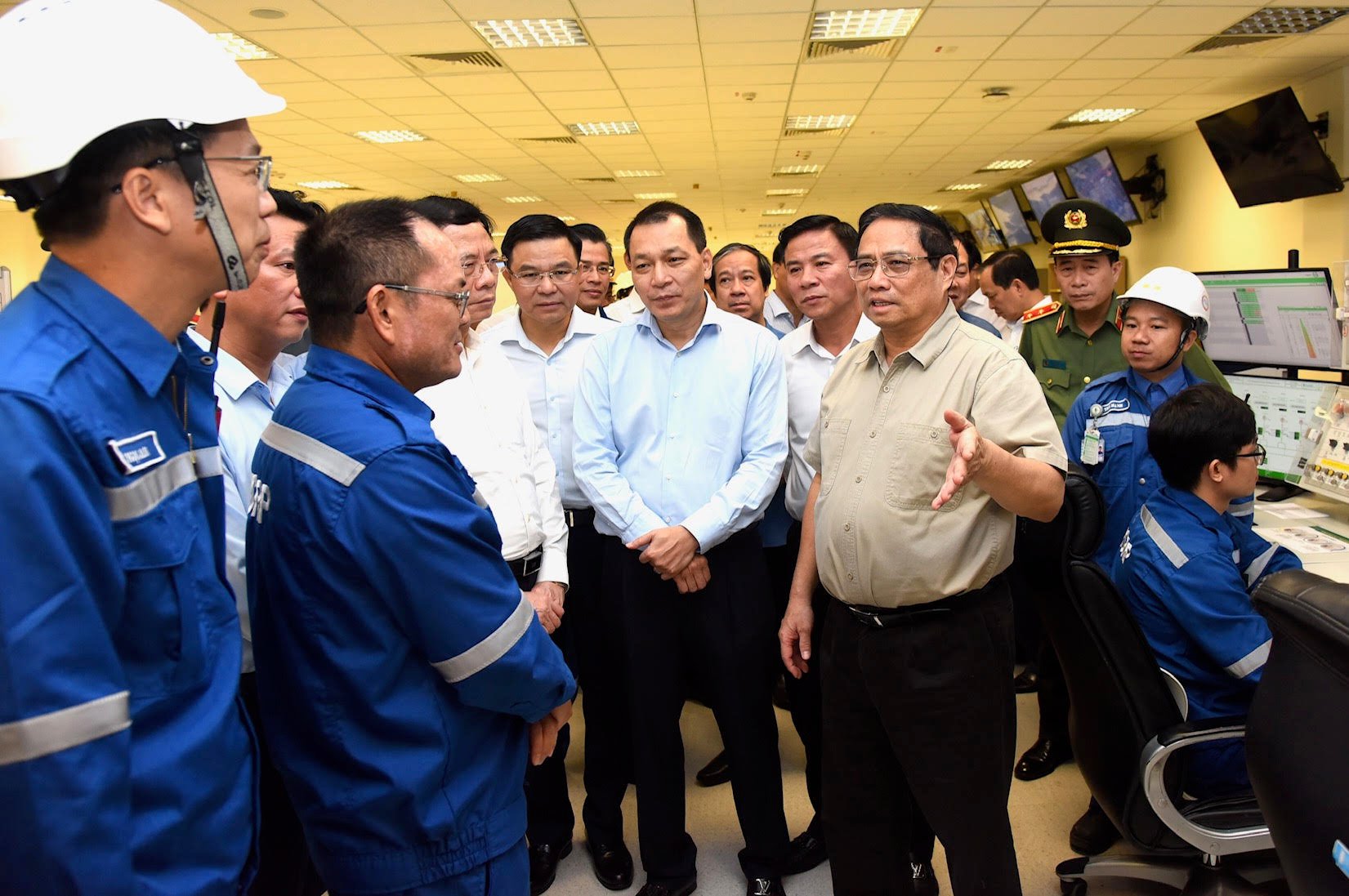

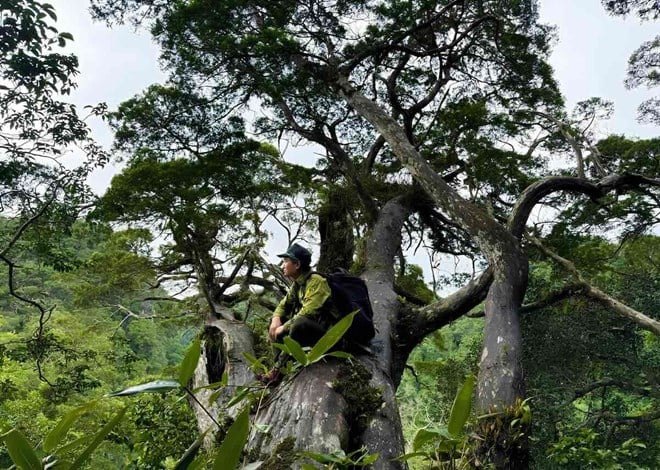











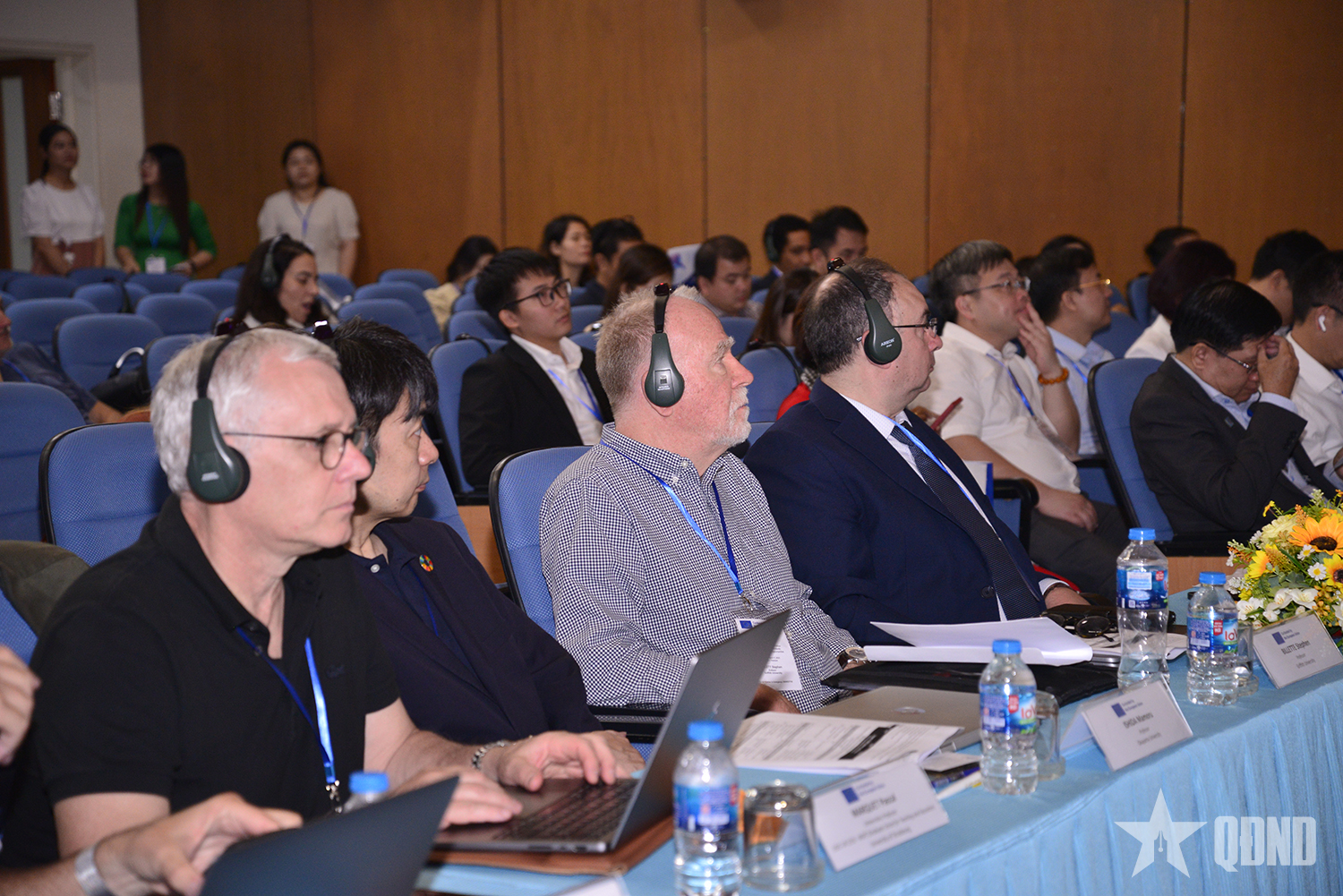







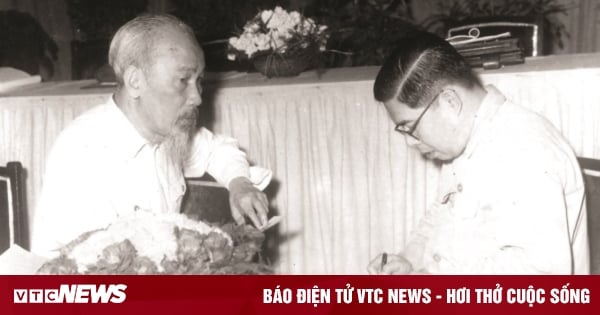












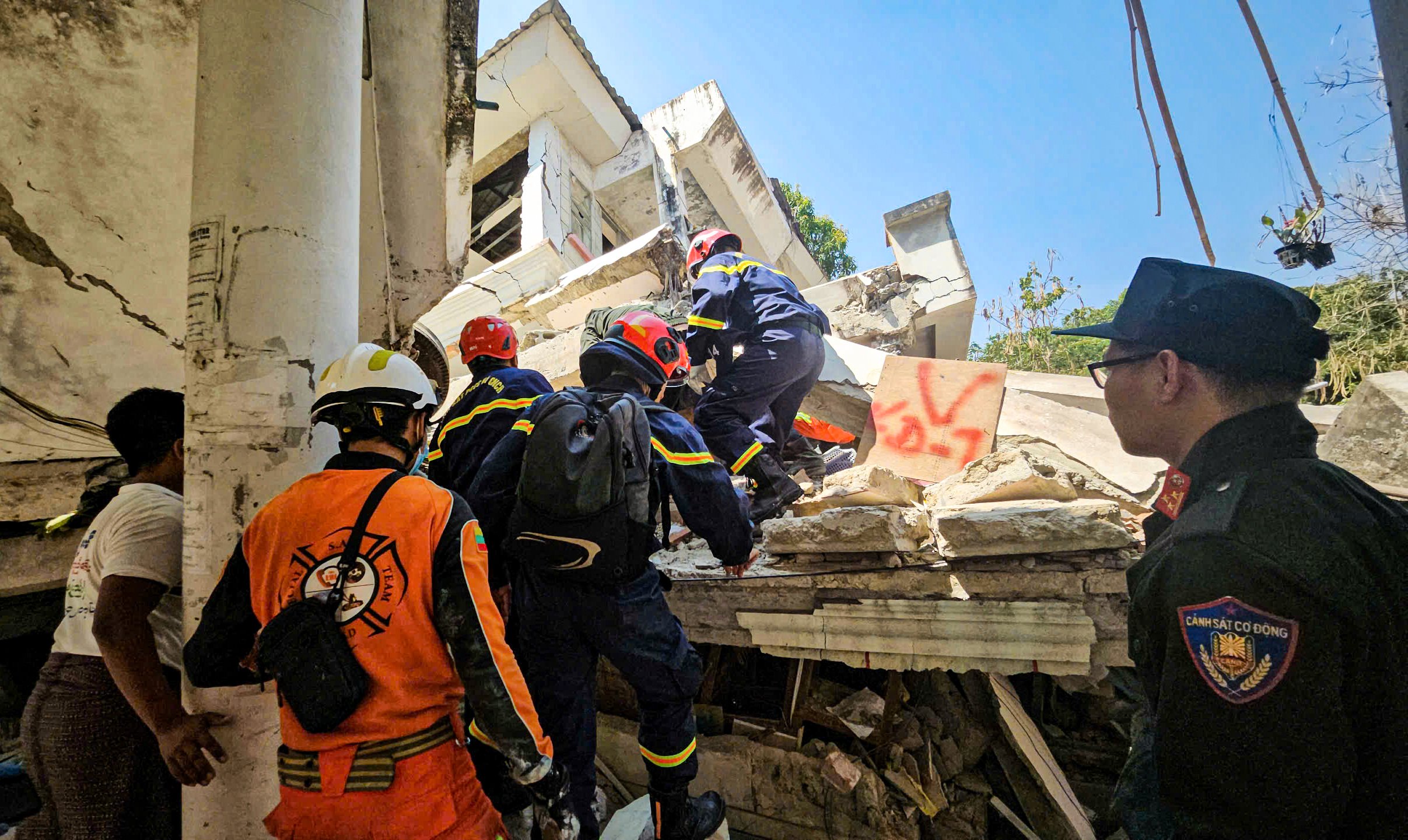
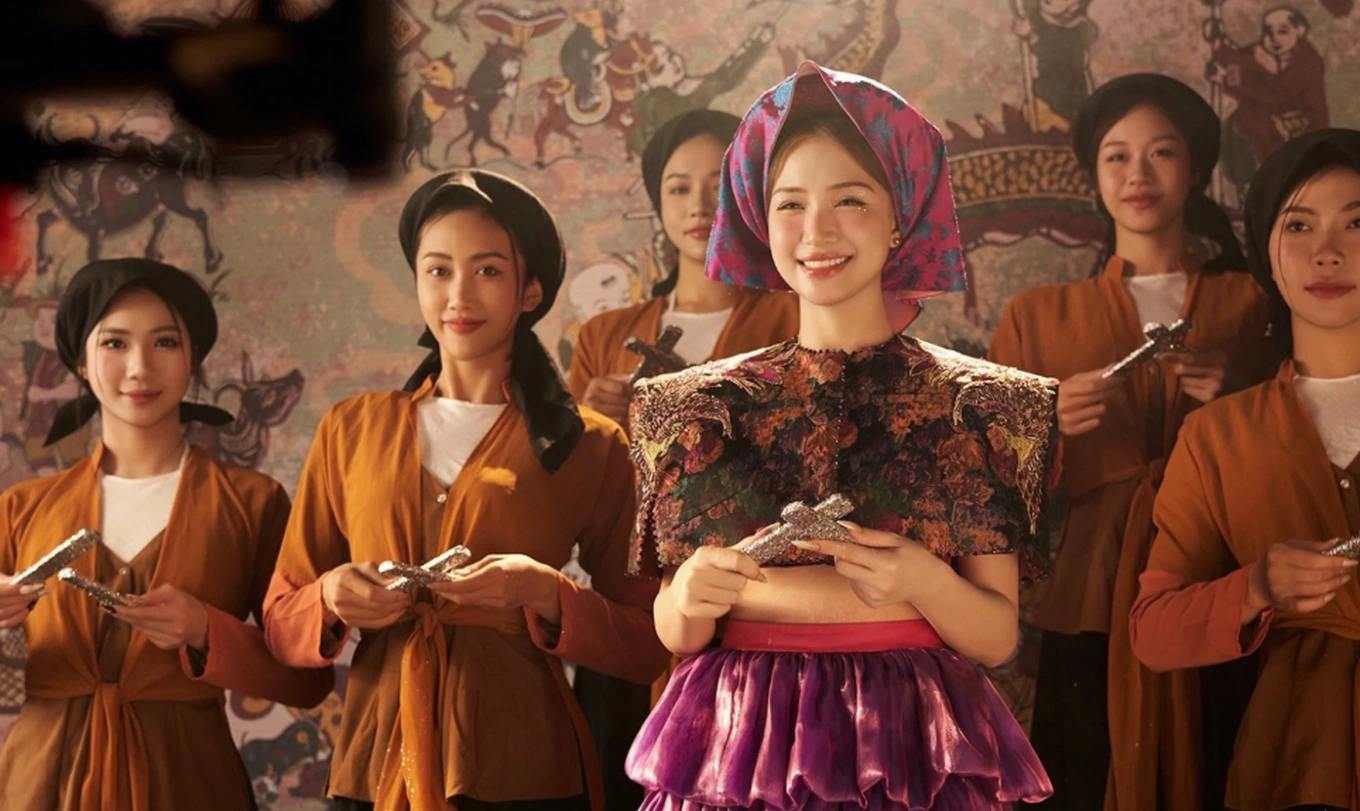
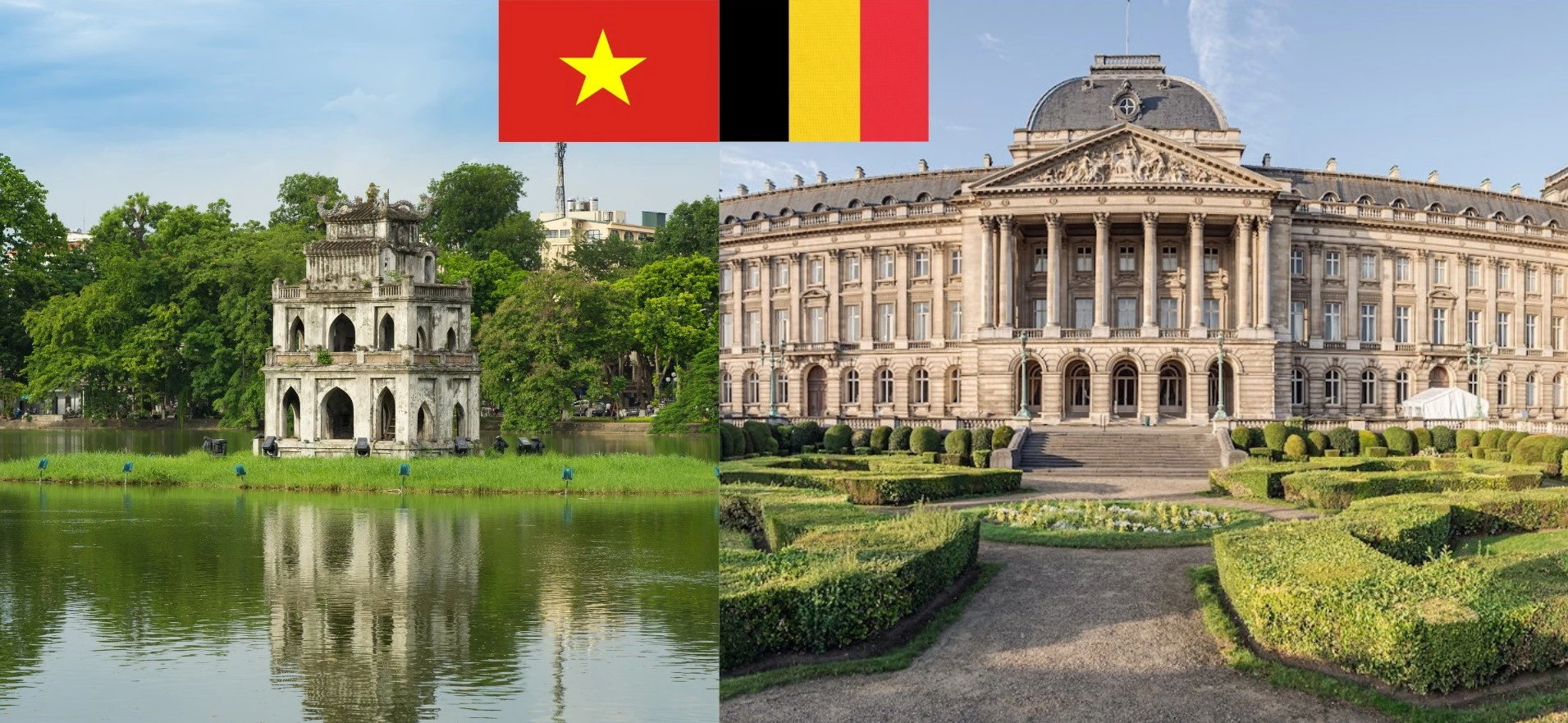
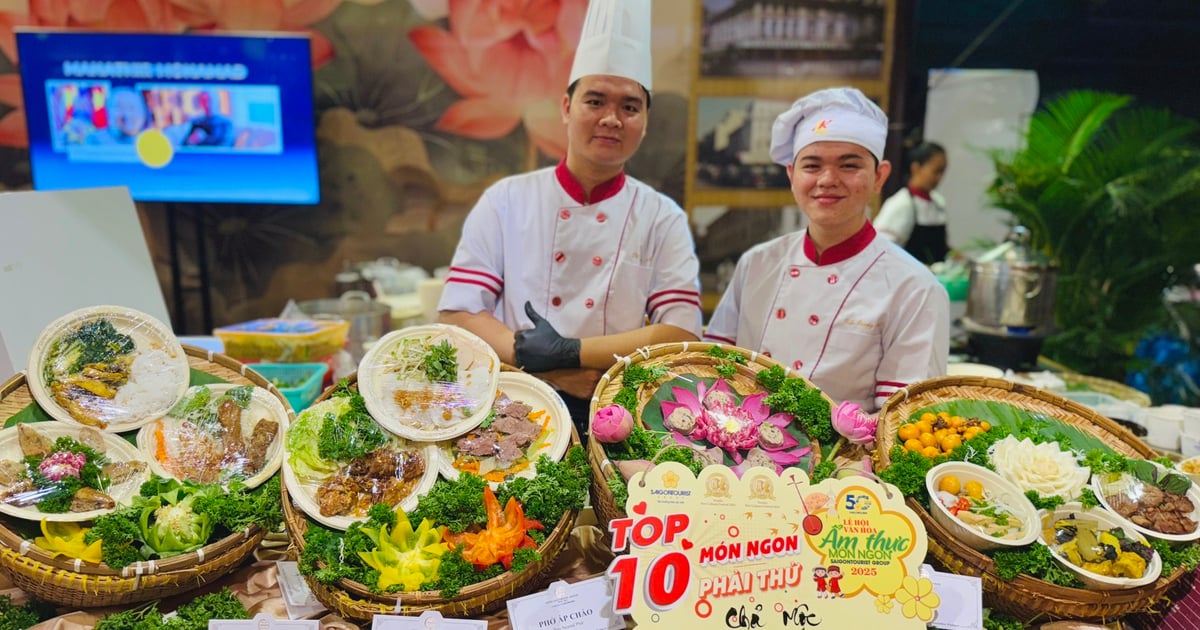

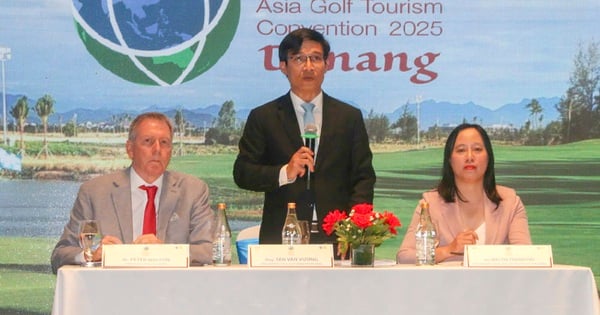

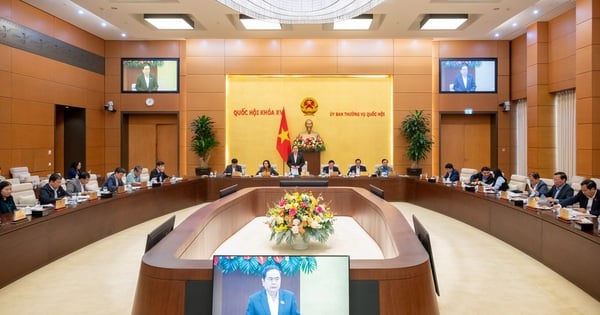
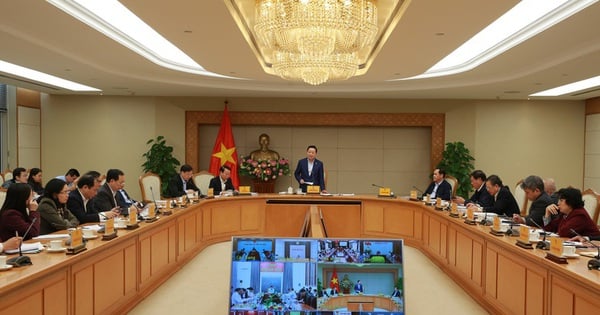
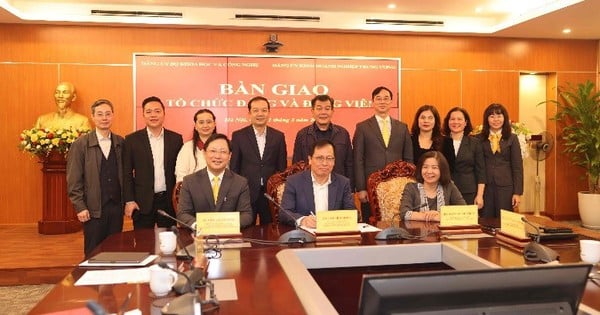

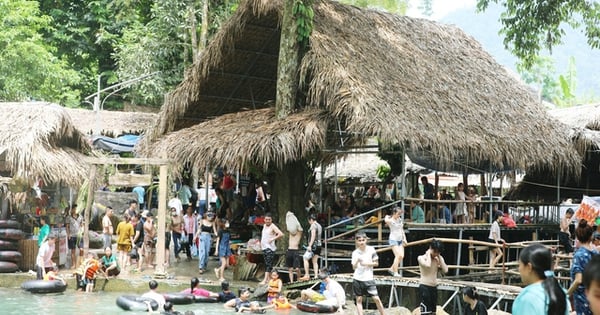
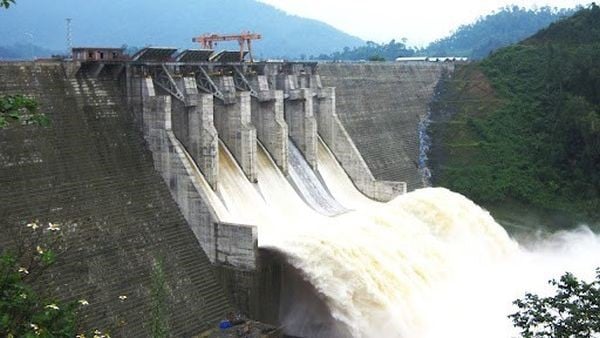

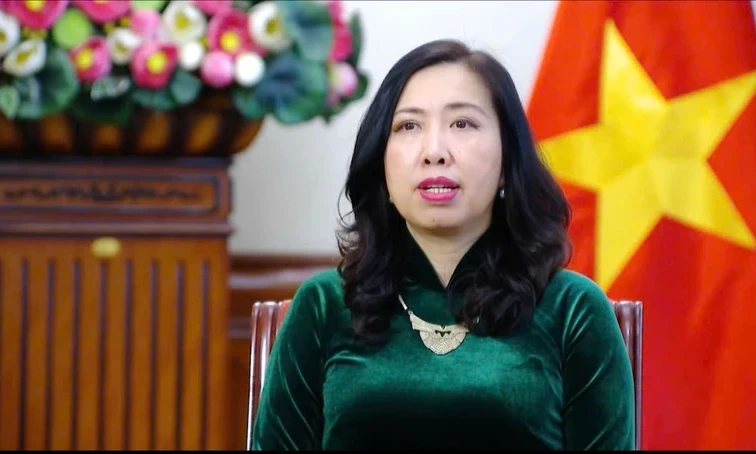

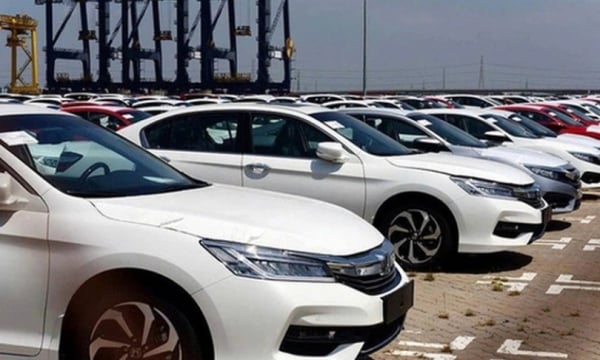
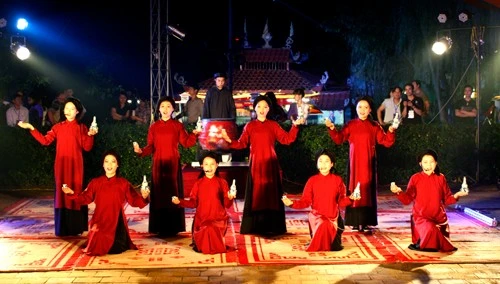

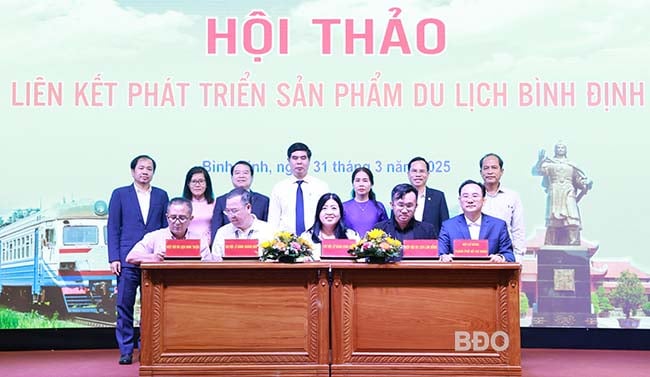
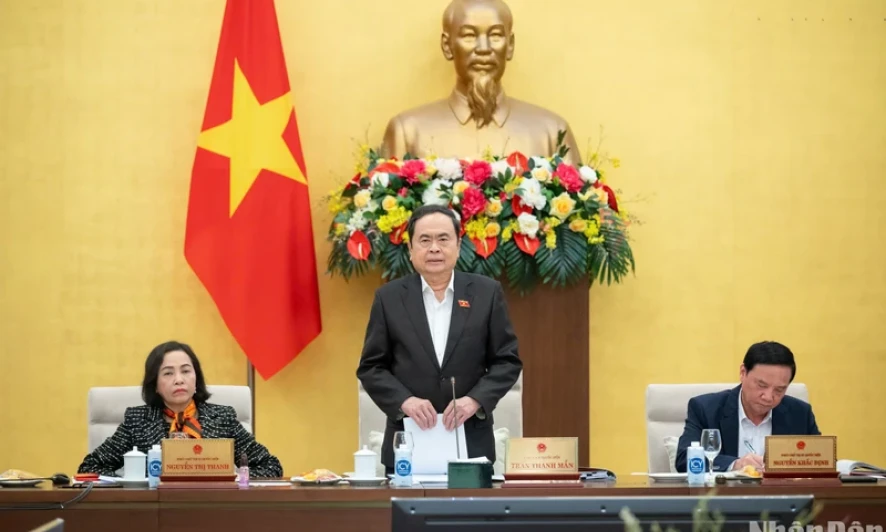











![[REVIEW OCOP] An Lanh Huong Vet Yen Cat](https://vstatic.vietnam.vn/vietnam/resource/IMAGE/2025/3/27/c25032328e9a47be9991d5be7c0cad8c)

Comment (0)